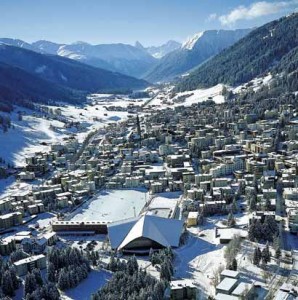Jeff Jarvis musing in Business Week along the lines of his forthcoming book.
To summarize if not oversimplify their vantage points: Where Gore demands taxes and regulation, the Google team proposes invention and investment. Gore & Co. want to raise the cost of carbon—the cost of polluting—whereas the Google team wants to lower the cost of energy, producing clean electricity for less than the cost of power generated with coal. RE
Still, we see different worldviews at work. "You can't succeed just out of conservation because then you won't have economic development," Google.org head Larry Brilliant said. "Find a way to make electricity—not to cut back on it but to have more of it than you ever dreamed of." More power than you ever dreamed of. Create and manage abundance rather than control scarcity—as ever, that is the Google approach. Whereas Gore talks about what we shouldn't do, Google talks about what we can do. There, we see the contrast between the politician's brain and the engineer's. Google people start with a problem and look for a solution. They identify a need, find an opportunity, and then systemically, logically, and aggressively attack it with innovation.
In power or not, Google and the Internet will have a profound impact on how government is run, on its relationship with us, and on our expectations of it. Now that we have the technological means to open up government and make every action transparent, we must insist on a new ethic of openness. I say we should abolish the Freedom of Information Act so we can turn it inside out. Why should we have to ask for information from our government? The government should have to ask to keep it from us.

